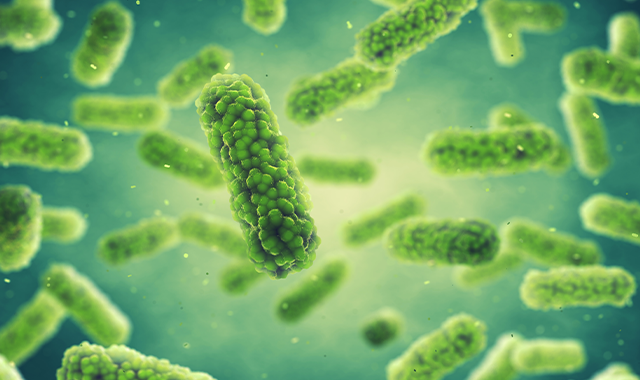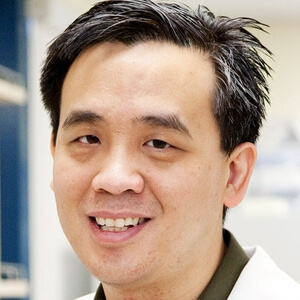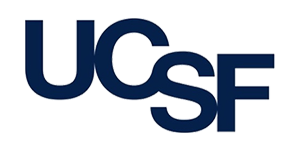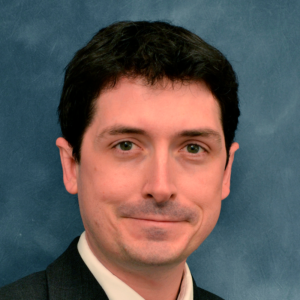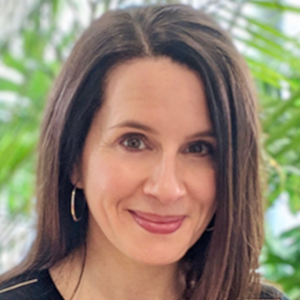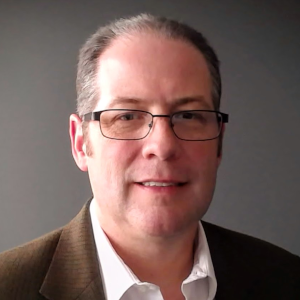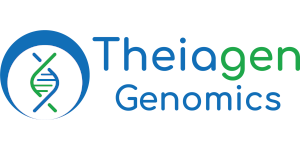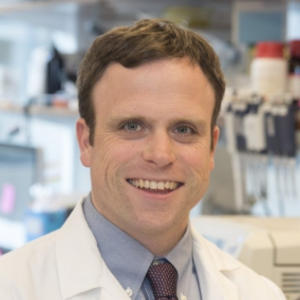Large-scale genomic sequencing efforts are of ever-increasing importance especially in the context of early pathogen detection, disease outbreak prevention, and establishing a predictive and efficient public health response. Rapid generation and access to genomic sequence data for viruses and other pathogens, which could cause a pandemic or serious outbreak, enables the tracking of variants and emerging pathogens (e.g., SARS-CoV-2, influenza, enterovirus D68, antibiotic-resistant bacteria, etc.), and thus the expedient development of diagnostics, vaccines, and therapeutics essential to supporting public health responses. This very important subject will be the focus of this session.
Session Chair Profile
Biography
Charles Chiu, M.D./Ph.D. is a Professor at UCSF, Director of the UCSF-Abbott Viral Diagnostics and Discovery Center (VDDC), and Associate Director of the UCSF Clinical Microbiology Laboratory. Chiu currently leads a translational research laboratory focused on clinical metagenomic sequencing assay development for infectious diseases and genomic investigation and surveillance of emerging pathogens, including the SARS-CoV-2 coronavirus. He also uses RNA-Seq transcriptome profiling to develop predictive models using machine learning for host response-based diagnosis of COVID-19 and other infections. Chiu’s work is supported by funding from the National Institutes of Health (NIH), Department of Defense, US Centers for Disease Control and Prevention (CDC), philanthropy, and the California Initiative to Advance Precision Medicine. He has authored more than 100 peer-reviewed publications (>20 on COVID-19), holds over 15 patents and patent applications, and serves on the scientific advisory board for Mammoth Biosciences, Danaher Dx, Biomesense, and Flightpath.
Speaker Profile
Biography
Duncan MacCannell is the chief science officer for the CDC’s Office of Advanced Molecular Detection (OAMD), where he helps coordinate the implementation and support of pathogen genomics, bioinformatics, high-performance computing and other innovative laboratory technologies across the CDC’s four infectious disease centers. With a broad focus on public health laboratory science and strategic innovation, he helps to integrate standardized, sustainable capacity for advanced laboratory technologies and scientific computing into routine public health practice.
Speaker Profile
Biography
Bronwyn MacInnis's primary focus is on developing and implementing genomic epidemiology and surveillance approaches for malaria and viral pathogens, and building local capacity to integrate these into routine public health and clinical practice. Bronwyn co-leads the Broad’s large scale COVID-19 genomic surveillance effort, working closely with the Massachusetts and other State Departments of Public Health and the US Centers for Disease Control to monitor variants of concern and to track the evolution and spread of SARS-CoV-2 in New England and beyond. She also co-leads the Broad’s multidisciplinary Global Health Initiative and is a visiting scientist at the Harvard T.H. Chan School of Public Health. Her global health focuses on malaria genomic surveillance, outbreak prevention and response, and genomics capacity building.
Speaker Profile
Biography
Dr. Sevinsky has leveraged over two decades of experience in systems biology and taken aim at transforming public health and infectious disease surveillance through innovative implementation of NGS and bioinformatics technologies. During a three year tenure at the Colorado Department of Public Health and Environment, he led several initiatives to build NGS testing and bioinformatics capacity at the state, regional and national levels. In 2019 Dr. Sevinsky’s ambitions to impact public health exceeded his role as a government scientist, resulting in the formation of Theiagen Genomics. Dr. Sevinsky and his team now work with over four dozen public health laboratories nationally, and more than a dozen internationally in Africa and Asia. Prior to his time in public health, Dr. Sevinsky held several positions in non-profit and industry, working in applied technologies for diverse applications such as biomarker identification and biofuel/biochemical production.
Speaker Profile
Biography
The Mason lab develops and deploys new biochemical and computational methods in functional genomics, and metagenomics. The group also works closely with NIST/FDA to build international standards. These methods are also being integrated for longitudinal multi-omic profiling of NASA astronauts and for genetic and epigenetic diagnostics on the International Space Station. Dr. Mason has won awards from the NIH, the CDC and the WorldQuant Foundation. He was named as one of the “Brilliant Ten” Scientists by Popular Science, and featured as a TEDMED speaker. His work represents 150+ peer-reviewed articles and has been featured on the covers of Nature, Science or Nature Biotechnology. Dr. Mason completed his dual post-doctoral training at Yale Medical School in genetics and a fellowship at Yale Law School. He obtained his Ph.D. in Genetics from Yale University, and his dual B.S. in Genetics and Biochemistry from University of Wisconsin-Madison.






